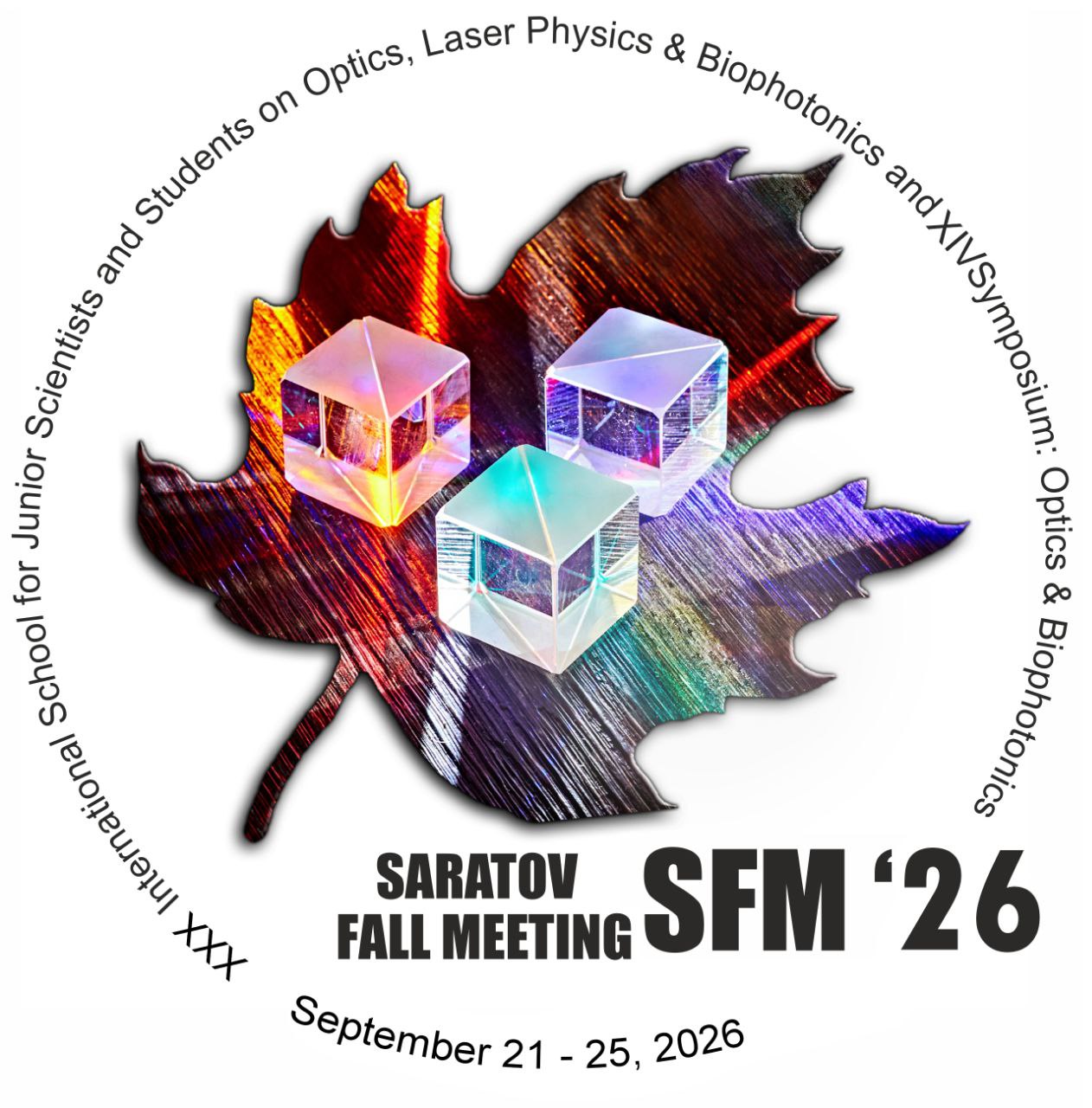Two scenarios of adaptation during monotonous cognitive activity
S. Kustodov, Saratov State Medical University, Russia; P. Protasov, Saratov State University, Russia; M. Popova, Saratov State Medical University, Saratov State University, Russia; A. Runnova, Saratov State Medical University, Saratov State University, Russia; M. Zhuravlev, Saratov State University, Saratov State Medical University, Russia R. Shamionov, Saratov State Medical University, Russia
Abstract
In this paper we present a study of statistical assessments of the process of fatigue accumulation in practically healthy subjects. A group of 60 people (32/28 men/women, mean age 32.2 ± 8.9, neurologically healthy) were considered. Each subject passed a long-term test for recognizing geometric objects in a darkened room (the test duration is 90-100 minutes).
It was shown that the responses duration in test subjects is divided into two types, described by the Gauss distribution and the exponential distribution, respectively. Moreover, for 16 % of subjects demonstrating a probability exponential distribution, one can observe the formation of a second exponential law for the slowest reactions of the subjects. Thus, for the second class of subjects, it is possible to describe the development of intermittent behavior - the appearance of stages of increased fatigue (possibly, drowsiness).
In subjects of the first type, the response time to a stimulus is located randomly from the average value. Accordingly, the subjects reacted monotonously throughout the entire duration of the experiment. Subjects of the second type show a significantly larger spread of reaction times. We assume that the observed intermittent law is associated with the peculiarity of the psychotype of the subjects, who are not able to withstand a long monotonous process.
Speaker
Kustodov Sergey (skustodov@yandex.ru)
Saratov State Medical University
Russia
Report
File with report
Discussion
Ask question


